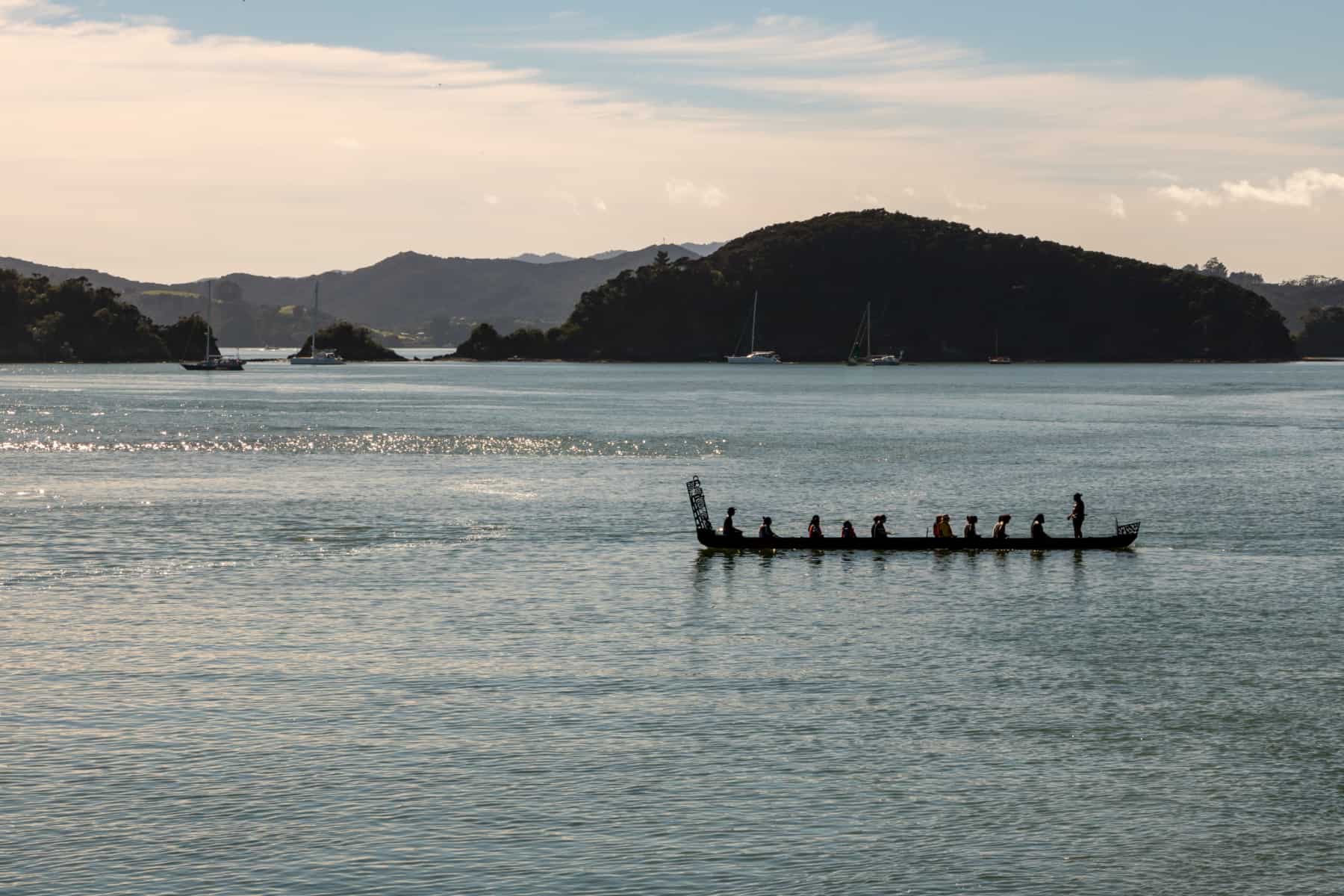This report is a summary of the DLP panel ‘Leadership in the shadow of the pandemic: Researching spaces of resilience and transformation’ that took place on 2nd July 2021 at the Research for Development Impact (RDI) Conference. The panel aimed to explore the ways in which the pandemic has opened up spaces for transformative local leadership to develop.
Chaired by Chris Roche, DLP’s Deputy Director, the webinar convened an expert panel who presented the latest thinking and research. Cucu Saidah and Ishak Salim shared insights from the disability activist community of Indonesia. Tony Hiriasia discussed barter systems and the role of church and local leadership in the Solomon Islands. Baia Warapa spoke about the villages of South Fly district in Papua New Guinea’s Western Province.
There were four key takeaways from the discussion:
- COVID-19 has presented enormous challenges to communities in the Asia-Pacific. However, it has also provided opportunities for communities to develop creative means of addressing these challenges despite, or maybe because of, the withdrawal of external development workers.
- Within Indonesia’s disability activism communities, efforts to respond to the pandemic have reduced fragmentation and provided new opportunities for unity. The shift towards virtual communications has allowed Jakarta leaders to significantly improve their connections with local disability leaders, and has increased awareness of the need to address disability issues.
- In the Solomon Islands, resilient local communities have continued to develop their own initiatives to address local problems, often through forms of horizontal leadership, church and local government institutions, and through increased bartering.
- The closing of trade and borders due to COVID-19 has been met in Papua New Guinea’s South Fly district (Western Province) with resilience. Commercial fishing has become a major way for village communities to support themselves, with villagers selling to buyers who come from the provincial capital of Daru to the villages.


















